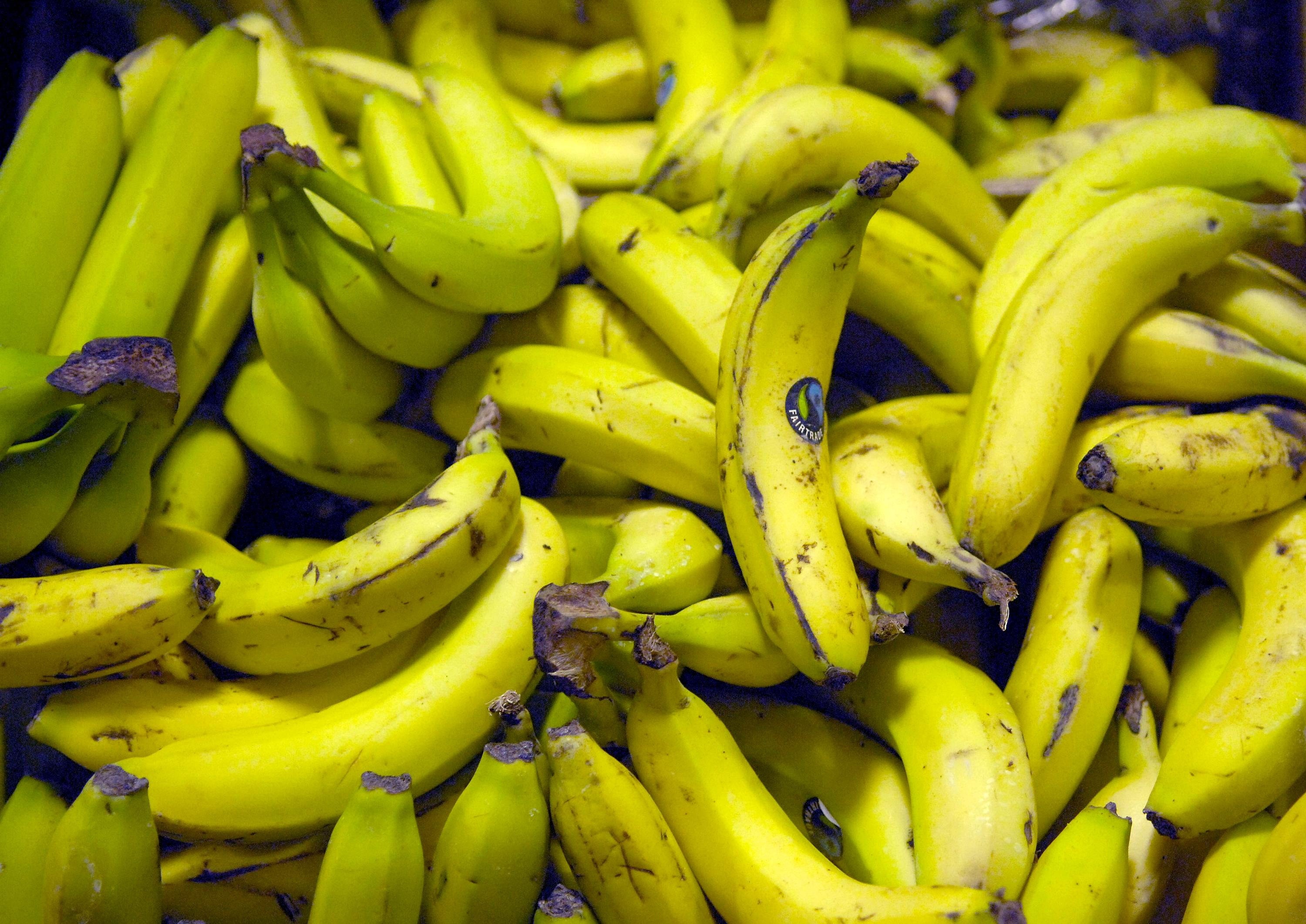Why not all fruit is suitable for vegans
Tesco criticised over wax applied to oranges after harvesting

British supermarket giant Tesco is facing criticism over its use of wax to preserve some of its fruits on sale, rendering them unsuitable for vegans.
Wax is often applied to citrus fruits after harvesting to keep them fresh for longer, some of which contains shellac, a resin derived from the female lac bugs that thrive in India and Thailand.
The presence of the wax or beeswax means that zest from the peel of some oranges, lemons and limes are not appropriate for vegans to use in cooking, although buying only organic produce should allow shoppers on a strict plant-based diet to sidestep the problem.
Tesco has said that it is working with growers to develop alternatives and currently labels the fruits concerned as “non-vegan” to draw attention to the issue, according to The Retail Gazette.
The Independent has contacted Tesco for further comment.
According to Clean Green Simple, a number of other fruits are, surprisingly, unsuitable for vegan consumption.
Bananas are reportedly often sprayed with a preservative containing chitosan, a bacteria-fighting substance derived from the shells of crabs and shrimp, meaning they do not qualify for veganism’s cruelty-free criteria.
Cartons of fruit juice also often fall short, with some orange juices containing colour enhancers like cochineal scale, which is, again, derived from insects, while others boasting extra nutrients and vitamins like omega-3 oils might have imported those qualities from fish oil or even sheep’s wool.
Gelatine can also be used to thicken such juices.

Other products on supermarket shelves that might seem straightforward, like pre-made vegetable soups, often contain meat broth for flavour, while plant-based breakfast cereals and jams might include gelatine and potato chips are commonly fried in butter or lard.
Interestingly, Veggie Vagabonds reports that some figs are pollinated by dead female wasps, who pierce the skin and fly inside to lay their eggs, only to find they are then unable to escape and ultimately die there, their remains eventually broken down by the fruit’s enzymes.
Although that is a completely natural occurrence for which man is, for once, not to blame, it is nonetheless a consideration worth bearing in mind.
All of which underlines the difficulty of maintaining standards and the need for constant vigilance in those dedicated to living by vegan principles.
Join our commenting forum
Join thought-provoking conversations, follow other Independent readers and see their replies
Comments


Bookmark popover
Removed from bookmarks